The Federal Government of Nigeria has unveiled a groundbreaking policy aimed at standardizing the operations of non-state schools across the country.
The new framework sets minimum requirements for infrastructure, curriculum, teacher qualification, and overall accountability.
It forms part of the broader National Education Sector Renewal Initiative (NESRI), a flagship agenda of President Bola Tinubu’s administration focused on transforming Nigeria’s educational landscape.
Speaking at the launch event in Abuja, Minister of Education, Dr. Tunji Alausa, emphasized the crucial role non-state institutions—including private, faith-based, and community schools—play in expanding access to education.
He noted that while these schools have grown by nearly 39% between 2017 and 2022, concerns over quality and oversight persist.
Backed by the UK’s Foreign, Commonwealth and Development Office (FCDO) through the PLANE programme, the policy will introduce teacher certification mandates via the Teachers Registration Council of Nigeria (TRCN), as well as incentives such as grants, vouchers, and indirect reimbursements to private operators enrolling out-of-school children starting in the 2025–2026 academic year.
Experts, including the British High Commission’s Ian Attfield, praised the initiative as timely and necessary to bridge Nigeria’s widening education gap.




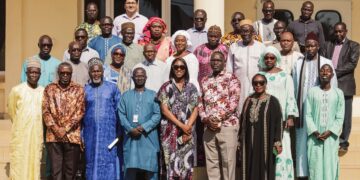


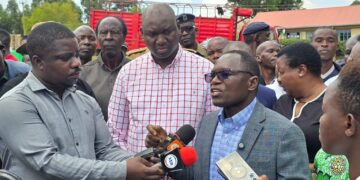






















































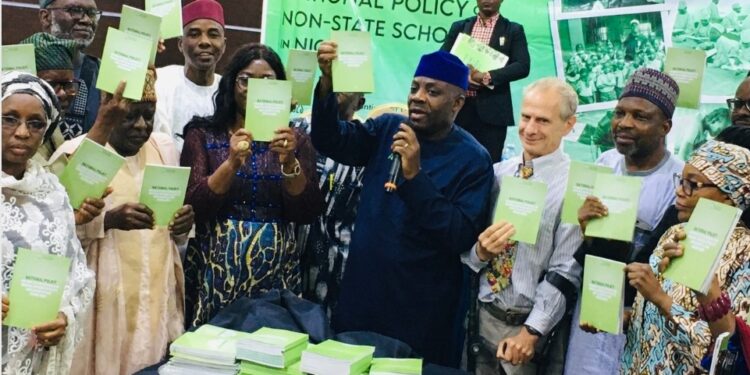




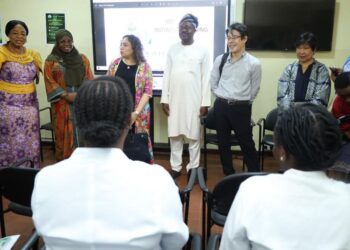
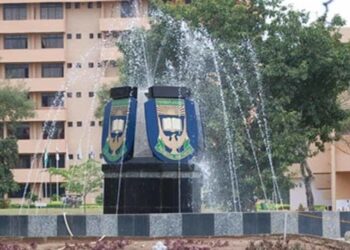


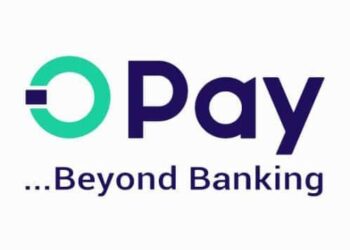
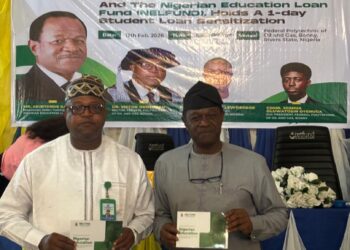










 EduTimes Africa, a product of Education Times Africa, is a magazine publication that aims to lend its support to close the yawning gap in Africa's educational development.
EduTimes Africa, a product of Education Times Africa, is a magazine publication that aims to lend its support to close the yawning gap in Africa's educational development.